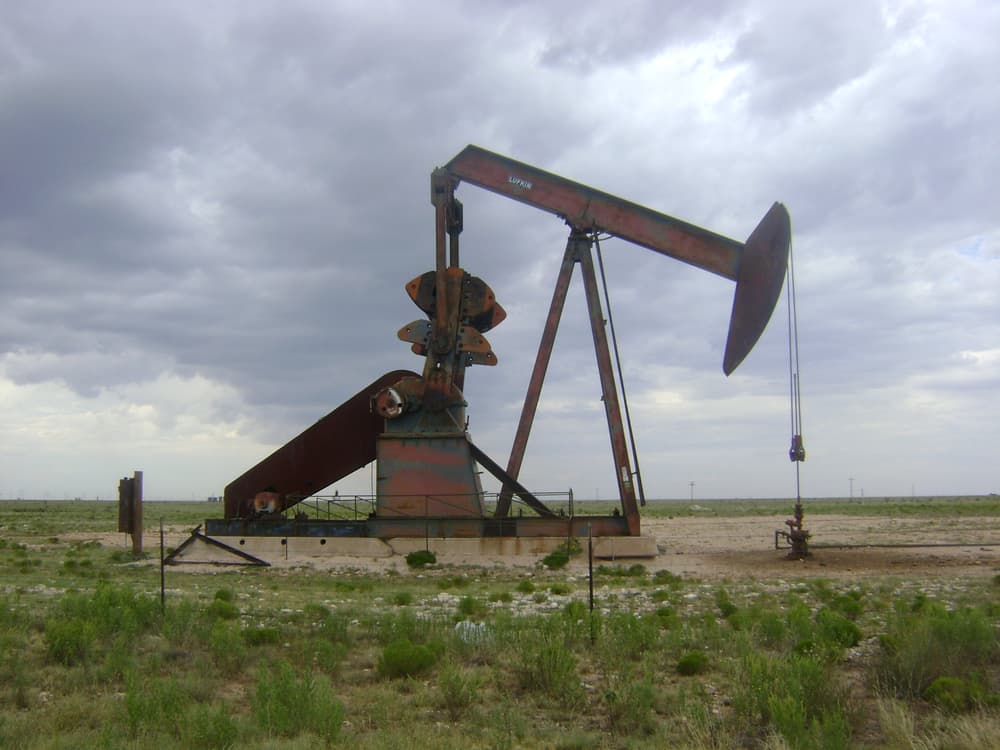More than a dozen top US energy companies have pledged $100 million toward easing stresses on health care, education and civic infrastructure from the shale oil and gas boom in West Texas and New Mexico.
Chevron, EOG Resources, Exxon Mobil and Royal Dutch Shell are among 17 companies pledging to back the Permian Strategic Partnership, as a new consortium is called.
The group seeks to address labor and housing shortages, overtaxed healthcare and traffic congestion caused in part by companies descending on the Permian Basin, the nation's largest oilfield, where they hope to pump billions of dollars' worth of oil and gas in coming decades, experts said.
"It's a significant amount of money, but these are huge challenges," Don Evans, a former US government official and energy executive helping launch the group, told Reuters last week. "We don't have enough teachers. We don't have enough doctors."
The group aims to work with regional and federal officials, companies, nonprofit groups and educators in New Mexico and Texas, and is assembling plans to hold meetings in communities across the region, so "everyone have a voice" in the undertaking.
In the last decade, the region's many pockets of oil and low production costs have led to gold rush-like conditions in the Permian. Companies are pouring staff and equipment into the oilfield, which is expected to pump 3.7 million barrels of oil per day by December, four times its rate in 2010, according to the US Energy Information Administration.
That boom has local employers, including restaurants and school systems, under pressure from staff leaving for oilfield jobs. Midland's unemployment rate was 2.1 percent in October, compared to the nation's 3.7 percent rate.
The last decade's shale boom also has led to school overcrowding, soaring traffic fatalities, drug abuse and strains on the power grid because of the activity.
Drug charges in Midland more than doubled between 2012 and 2016, to 942 from 491, according to police data. Traffic accidents also jumped 18 percent between 2016 and 2017 in Midland County, and 29 percent in nearby Ector County, according to Texas Department of Transportation data.
"They all agree that scaling up infrastructure is going to be a huge challenge," said Bob Peterson, a partner at consultancy Arthur D. Little who advises producers. "There's a common agreement that there's a whole bundle of problems."

